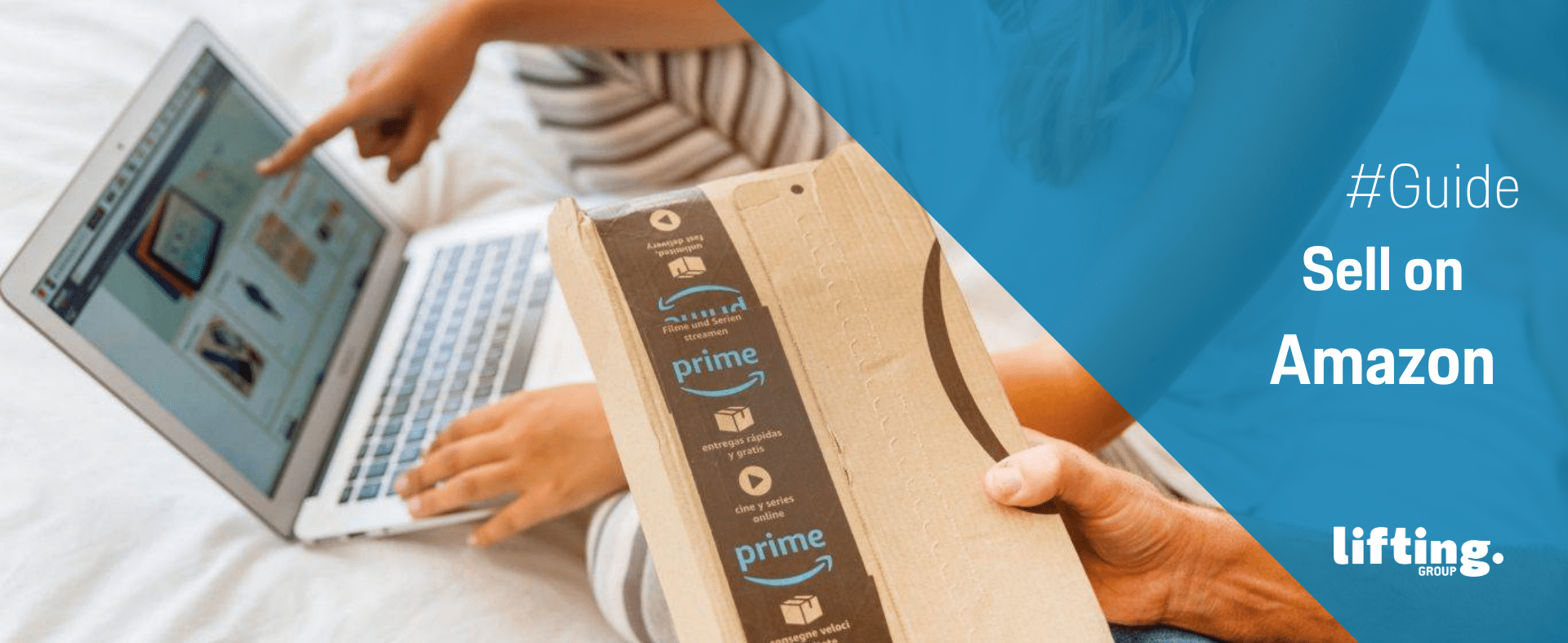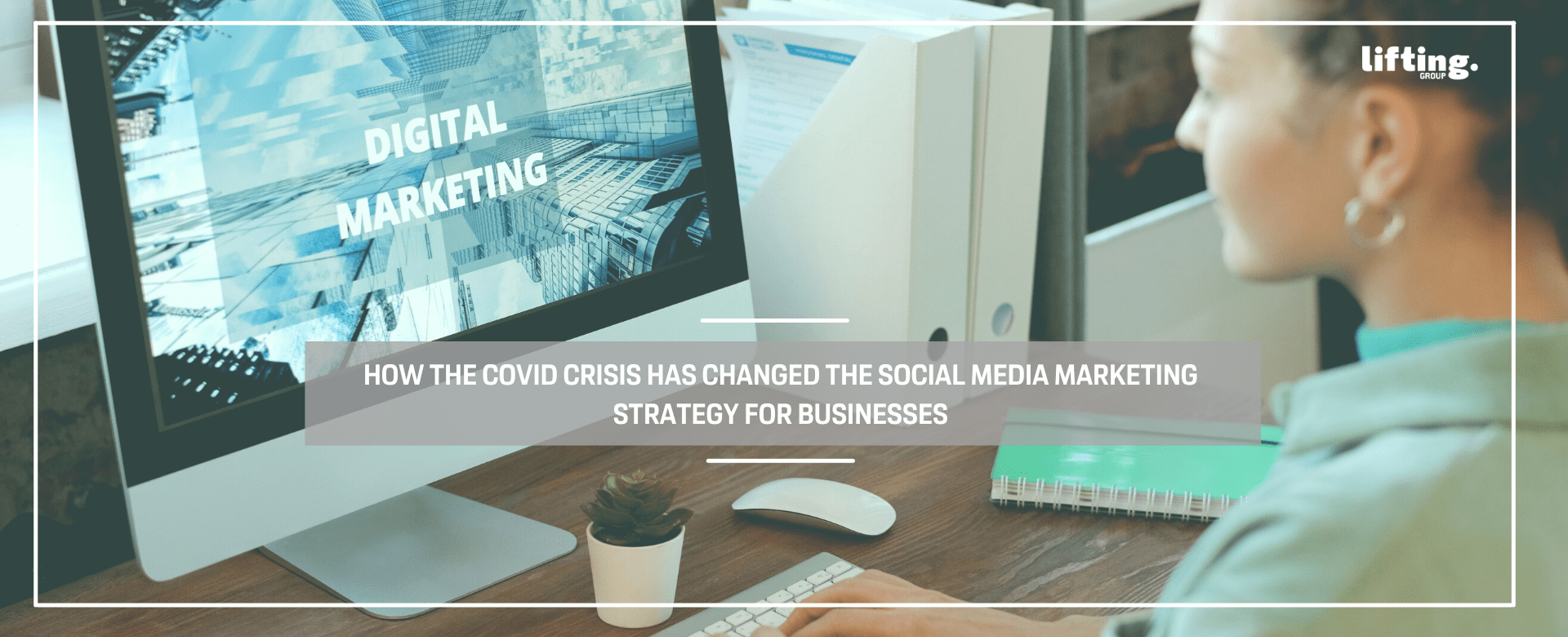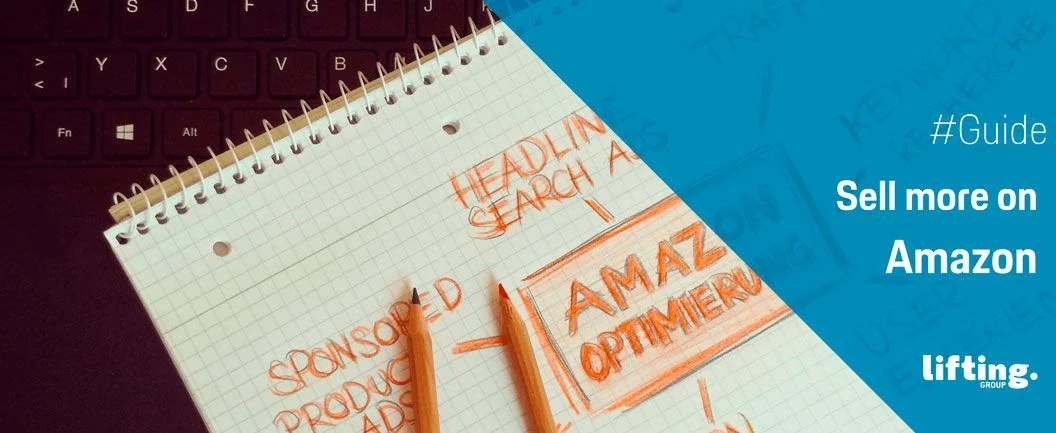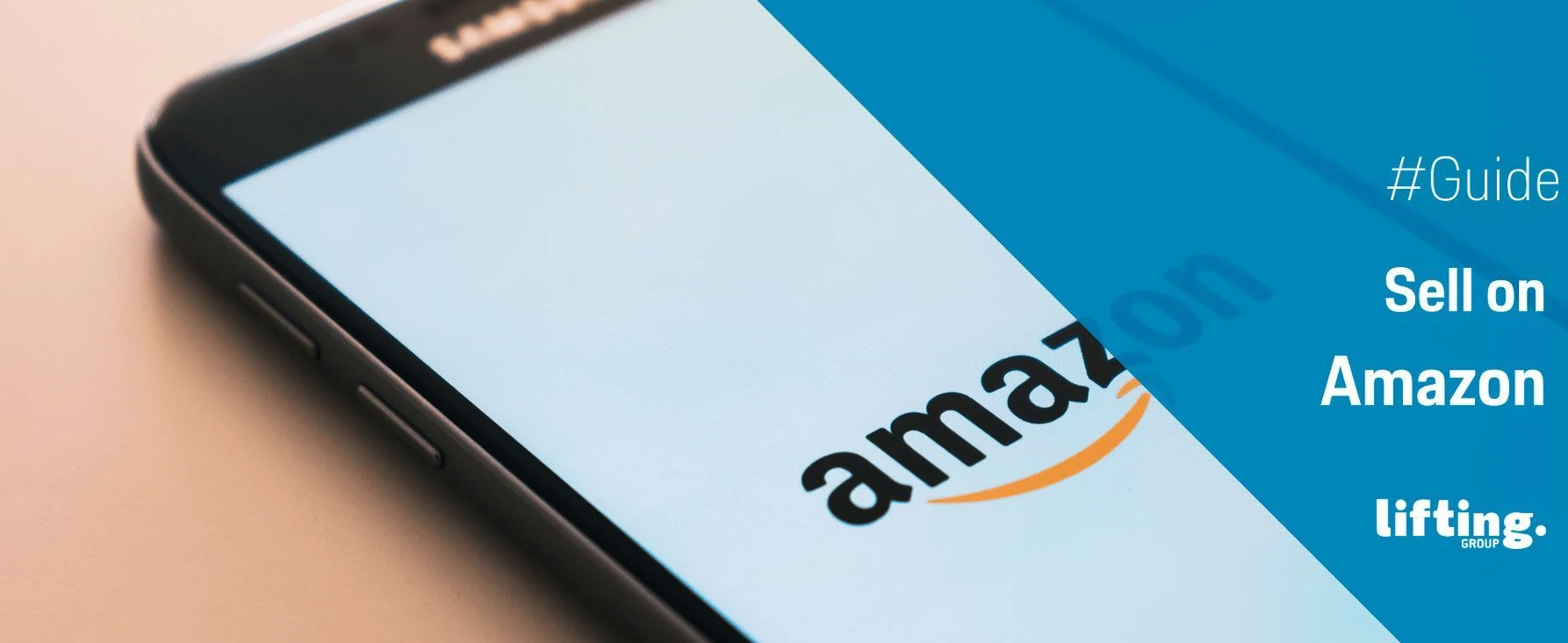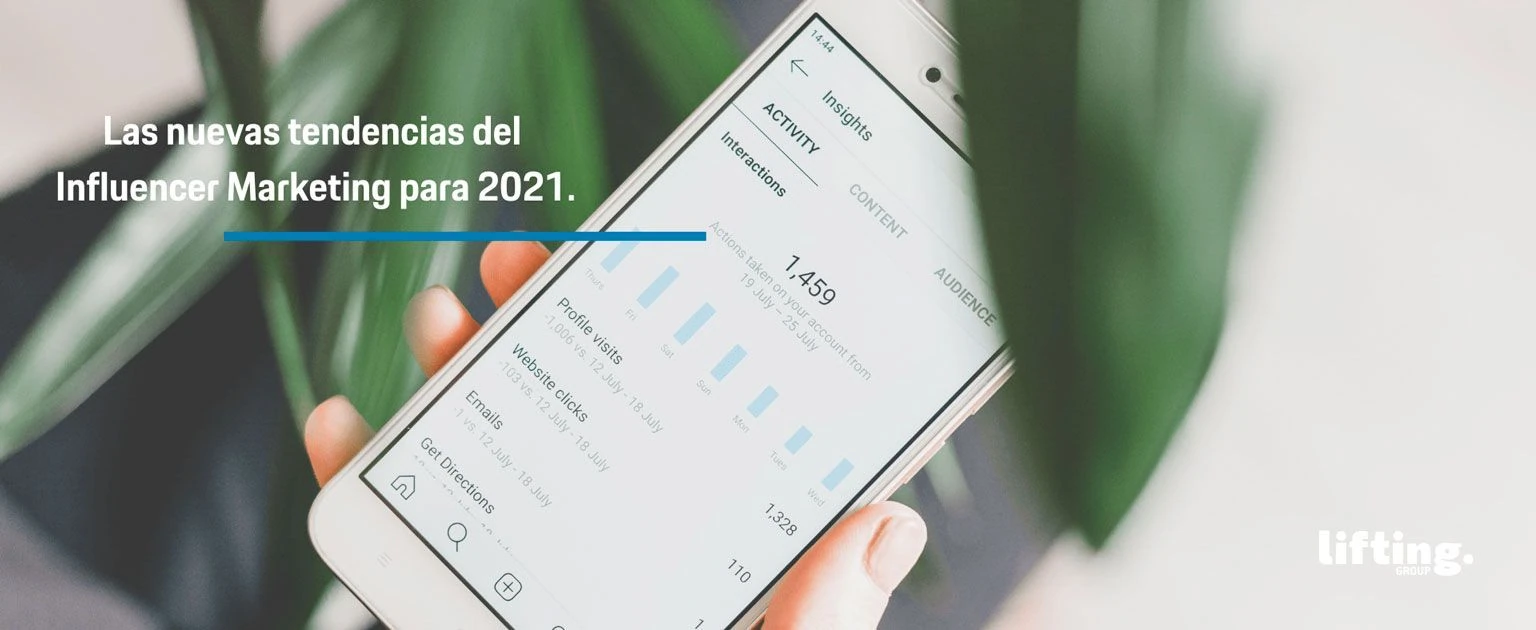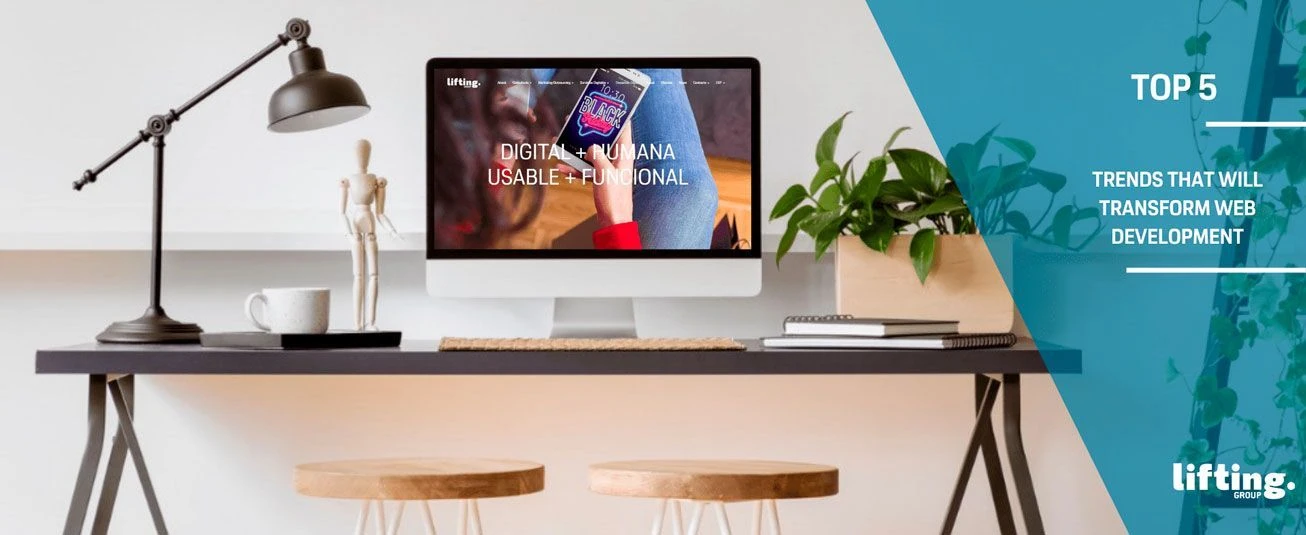What you need to know about Amazon if you are considering selling on this marketplace
Amazon is the main marketplace worldwide and leader in online sales in Spain with sales of more than 7,560 million euros in 2019. Selling on Amazon implies great advantages for sellers, but also a series of rules and conditions to be met, as well as an ecosystem of competition, demand and prices, which can create conditions for your presence and success in this distribution channel.
Therefore, if you are considering selling your products on Amazon but don’t know how to do it – or if it would be worth your while to do so -, it is essential that you know how the largest marketplace on the Internet operates. Thus, we explain the key factors to be taken into account to assess whether it would be profitable to sell on Amazon according to operation fees, the type of product, demand, competition and price.
In addition, we tell you the conditions and requirements to be an Amazon seller at the level of logistics, return policy and customer service so you can know if you are ready or if you need to review some aspects.
Amazon Merchant Account Types
First of all you should know that Amazon has two categories of seller in its marketplace: Seller and Vendor. Both have their own central or platform (Amazon Seller Central and Amazon Vendor Central). The difference between the two depends on your customer, the management of the products and how they access Amazon:
- Amazon Sellers: brands and merchants who sell to Amazon customers, for which they take care of everything related to selling their products. They access by registering with their Seller account (you can choose between the individual and professional plan) and manage shipping and customer service themselves or outsource it to Amazon. There are two types of planes from Amazon Seller:
- Single vendor account: in order to sell less than 40 products a month. The seller pays Amazon only when he/she sells (commission fee for closing a sale of €0.99/ sale additional fee). It’s the best choice for small businesses and to start testing this channel.
- Professional vendor account: to sell more than 40 products per month, with a monthly fee of 39 Euros (additional fee). This plan is designed for sellers with larger inventory and more regular sales, so it offers certain advantages such as the ability to sell in all categories, add new products to the Amazon catalogue, automatically upload inventory and access the option of products available for purchase in 1 click.
- Amazon Vendors: Distributors and manufacturers who sell directly to Amazon so that Amazon can sell their products on the platform under the label “sold by Amazon”. To become a Vendor you need to receive a specific invitation from Amazon..
Amazon fees: what you will pay and how much
The type of account you choose is not the only cost of selling on Amazon: it is important that you know the different types of fees you will be charged, depending on the type of account you have selected:
- Rate per reference:: This is the commission Amazon keeps for each product you sell, applicable to both Seller plans. The fee, which is already deducted from the final price, is established according to the category of the product, and can vary between 5 and 45% of the total price. You can consult the table of references by product category here.
- Fee per item sale:: Applicable to both plans, this fee results in a commission per sale in the categories of books, music, video games, DVD and software, between €0.81 and 1.01/product sold.
- Shipping rate:: the following applies to the individual sales plan, so that Amazon pays you the forwarding expenses depending on the category of the product, these may not cover your shipping costs.
- Rate for high number of active listings: in the professional plan, applies to the highest number of SKUs (the code Amazon assigns to your product to differentiate it from other vendors) when it exceeds two million per month, with a commission of 0.0004 for each active SKU that does not belong to the sales categories per item.
- Refund management fee: In both plans, returns are reimbursed to the seller by Amazon, discounting the lower amount of the options from a 20% fee on the reference or €5
- Rate per unit sold or closure of sale: In the individual Seller plan, it means paying a commission of €0.99 for each product you sell.
- Fixed monthly subscription fee: Rates for the Professional Seller plan, from €39 per month
Logistics management, customer service and returns options
In addition to the type of seller and applicable fees, you should consider how you will manage and deliver your orders and their follow-up. You can do this on your own or hire the Amazon Logistics service:
- FBM (Fulfilled by Merchant): as a seller you are responsible for the logistics of the orders, so you save additional costs to be included in the price. For each order you take care of labelling and shipping the product with your regular parcel service provider or with the Amazon parcel service.
- FBA (Fullfilled by Amazon): or through Amazon Logistics, the method through which Amazon manages your orders. This involves sending your stock to Amazon stores, so that when there is an order they prepare and send it out. The fee for this service depends on the weight and dimensions of the package, and the time spent in storage
Although hiring the option of Amazon Logistics (FBA) is at a higher cost, it also implies operational advantages: You save yourself time on the management of shipping and returns and customer care. Moreover, your sales will increase because you will have better consideration from Amazon, which will classify your products as available for Prime, will show the distinctive ““Managed by Amazon”” and you will have have a better chance of having Amazon add the “Buy Box”, which allows the user to add the product directly to the basket without seeing options from competitors (obtaining the Buy Box depends on 8 criteria including, in addition to logistics, price and history of the seller).
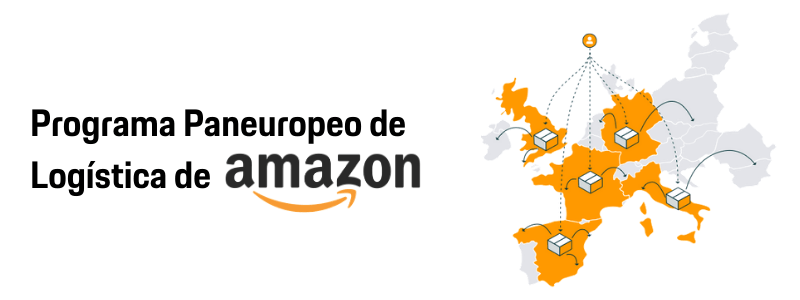
Markets and countries: Amazon Pan-European Logistics Program
The marketplace offers the pan-European logistics program which allows sellers to sell all over Europe. As with its logistics, the marketplace is responsible for warehousing and distributing the seller’s products in its logistics centres in Europe, to be offered in the countries of the seller’s choice.
This solution has some benefits, such as Prime distinction and fast delivery for the countries selected to host the storage of the products, or the payment of the logistic management cost based on the rate of the chosen country. Furthermore, according to the marketplace, this option can increase sales by 30%.
What does it mean to be part of the Pan-European Logistics Program?
To activate this logistical option, you must register in each country where you want to sell in order to pay VAT, but to facilitate this management the market place offers resources on Fiscal Services.
The rates for this program depend on the country from which the customer places the order, and are established mainly according to the size of the package or product. The categorisation of countries is organized on the basis of the customer’s entry website, which can be Spain (amazon.es), United Kingdom (amazon.uk), Germany (amazon.de), France (Amazon.fr), Italy (amazon.it) and the Netherlands (amazon.nl).
The total fee for the Pan-European Logistics program is comprised of two fees:
- Logistics management fee: applied per unit, and depends on the type of product, dimensions and weight, with a specific solution for small and light products, with high turnover and priced at less than €10.
- Storage fee: different in each country and applicable according to the country where the item is stored, the fee depends on the average daily volume in cubic meters per month, as well as the season (low or high), and the product category (clothing, accessories and shoes and other categories).
How do I get started with the Pan-European Logistics Program?
With your products already added to Amazon Logistics. Once added, you must publish them as Amazon Logistics-capable products in the mandatory European stores, and you can also choose additional countries to store your products there. Once this is done, you can send your inventory to the nearest logistics centre. If you have doubts about how to manage your inventory, you can consult here.
You must bear in mind that there are requirements to join this program. Firstly, there is an Amazon Pan-European Logistics Program Inventory which brings together the eligible products, and in order to be added must be included in an active offer from each of the five European Amazon websites. In addition, it is an operational requirement that you have at least one active Amazon Logistics offer on all European sites of the marketplace indicated as mandatory on the Inventory page, as well as each offer being linked to the same inventory set. You can consult the complete policy of the pan-European program here.
The first step to publish your products consists of create active offers for your eligible products, and you can do it with the tool to create international listings, which allows you to select your source and destination websites; or with the function to displaying offers internationally in order to manually create them without having to change the website in Seller Central. Remember that you must translate the description of your products into the language of the destination country.
Once the offers are created, you must register your suitable products in it´s Pan-European Logistics Program. You can do this on the Pan-European Program Inventory page by checking the ASINS and selecting “Register”.
Undoubtedly, understanding Amazon’s operations can be a challenge: At Lifting Group we invest our experience operating in Amazon available into your business so you can start selling on this key channel. We analyse the potential of your products by studying the competitors, markets, and prices; and we set up your account by configuring all the necessary information (portfolio strategy, prices, account creation and configuration, creation of product files and listings, product activation in new markets). And if you already have an active account, we help you to improve it to sell more (audit, positioning improvements and promotions). If you want to know more about our marketplace consultancy don’t hesitate to contact us.
